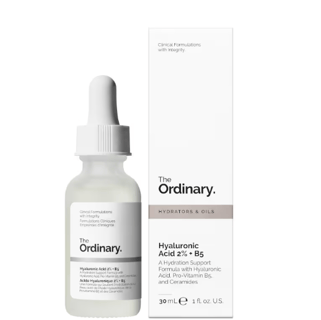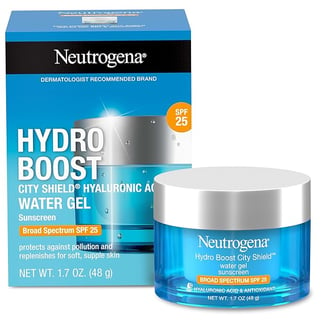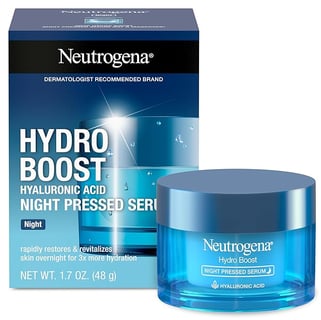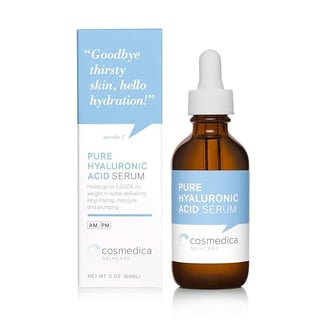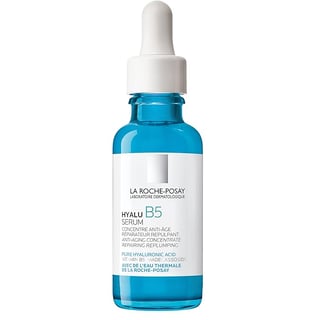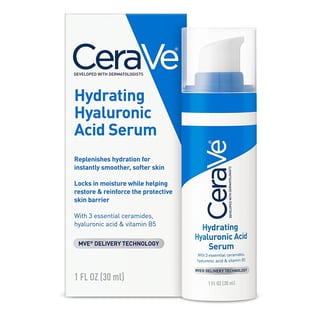Benefits of Hyaluronic Acid
Exceptional Hydration: Retains up to 1,000 times its weight in water, keeping skin deeply hydrated and plump.
Improves Elasticity and Texture: Replenishes natural levels, restoring elasticity and making skin appear more youthful and resilient.
Reduces Fine Lines and Wrinkles: Plumps skin, smoothing out fine lines and minimizing wrinkles for a younger-looking complexion.
Anti-Inflammatory: Soothes irritated skin, reduces redness, and is beneficial for sensitive or acne-prone skin.
Promotes Wound Healing: Accelerates recovery by regulating inflammation and promoting blood vessel growth in damaged areas.
Boosts Skin Barrier: Enhances the skin's natural barriers, protecting against environmental damage and pollutants.
Enhances Skin Tone: Improves overall skin tone and texture, making the complexion look healthier and more radiant.
Non-Comedogenic: Suitable for all skin types, including oily and acne-prone skin, as it does not clog pores.
Lightweight and Absorbent: Easily absorbs into the skin without leaving a greasy residue, making it ideal for layering with other skincare products.
Versatile Use: Can be found in various forms, including serums, creams, and masks, allowing for flexible incorporation into any skincare routine.
Stimulates Collagen Production: Encourages collagen synthesis, which helps maintain skin firmness and reduces sagging.
Safe for Sensitive Skin: Generally well-tolerated by sensitive skin types, providing moisture and soothing benefits without irritation.
Improves Skin Resilience: Helps skin recover more quickly from external stressors, enhancing overall skin resilience.
Anti-Aging Benefits: Contributes to a youthful appearance by maintaining skin moisture and elasticity, reducing the visible signs of aging.
Enhances Product Absorption: Improves the effectiveness of other skincare products by enhancing their absorption into the skin.




